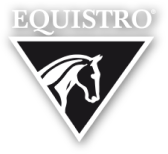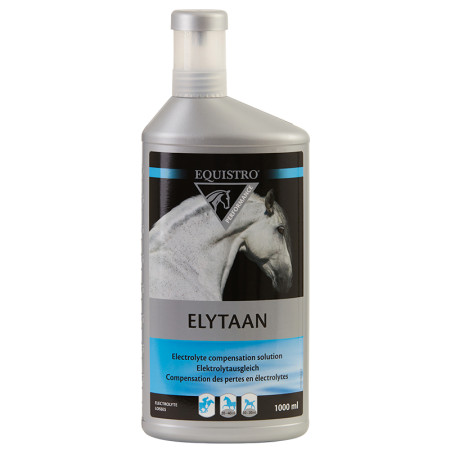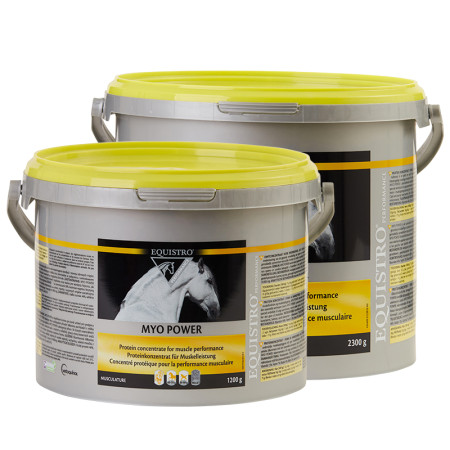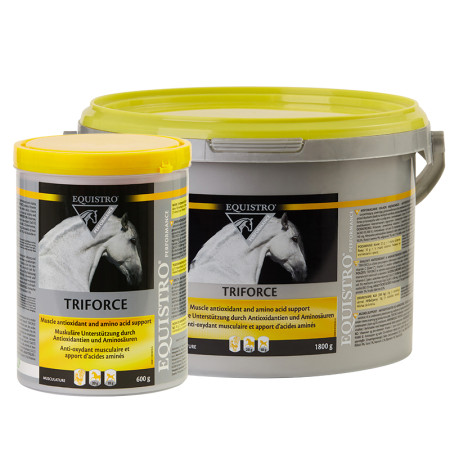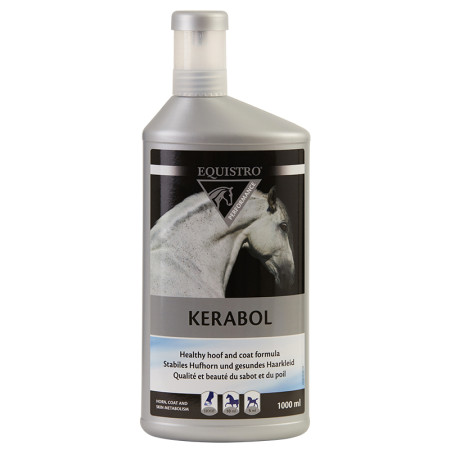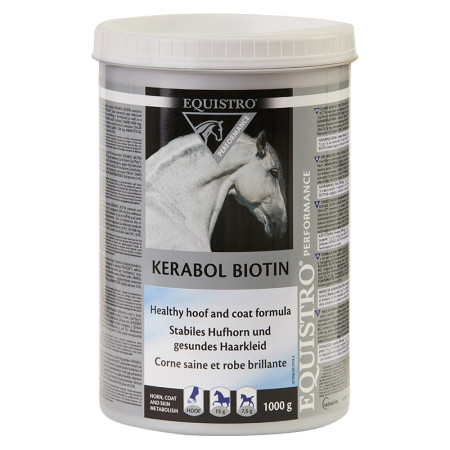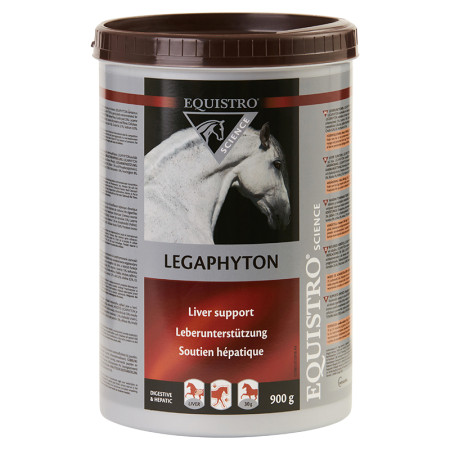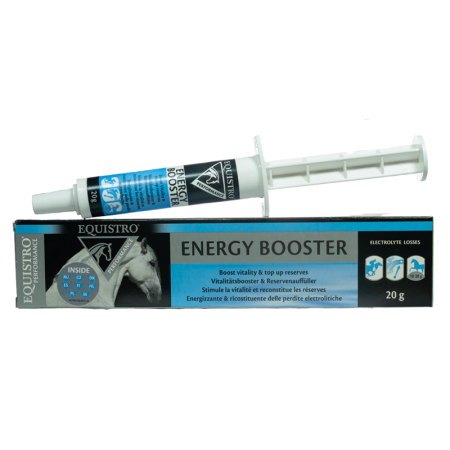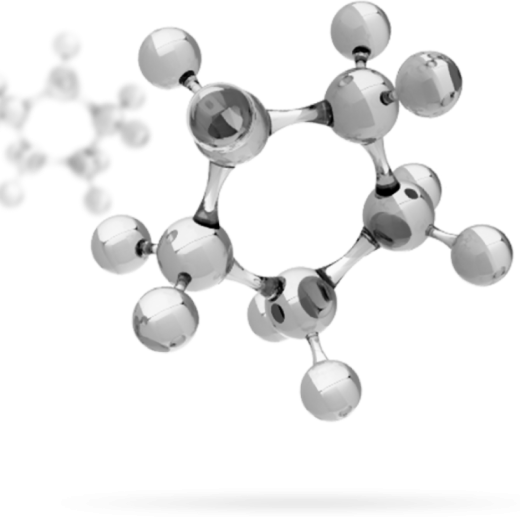
DL-Methionine
Description
DL-methionine is an essential amino acid. This means that it must be obtained throughthe diet in adequate quantities to meet the body’s needs. DL-methionine is obtained by the hydrolysis of protein by pancreatic enzymes during digestion. DL-Methionine is often the second most deficient essential amino acid in horse’s diets, after L-lysine, due to its inadequate levels in commonly-fed cereal grains and grass.
Function
Amino acids like DL-methionine are the building blocks of protein. DL-methionine is particularly involved in keratin synthesis, component of hair and hoof, by providing the perfect balanced intense of elasticity and stability of epidermal cells due to its presence of sulfur. Sulfur is a key element required by the body for a healthy metabolism and growth. Without an adequate intake of sulfur, the body will not be able to make and utilize a number of antioxidant nutrients.
DL-methionne also is essential for the synthesis of actin and myosin in muscle fibers.
Source
DL-methionine is found in plants rich in protein like alfalfa, beet pulp, flax, rice bran and sunflower seeds.
Requirements
Horses usually acquire sufficient DL-methionine from their diet, but athletic horses and growing foals benefit from DL-methionine supplementation to meet their increased demand for essential amino acids for muscle, keratin and overall cell growth.
Deficiency
The effects of essential amino acid deficiency are generally nonspecific, and many of the signs do not differ from the effects of partial or total caloric restriction. In general, the horse will have growth impairment, poor quality hair and hoof growth, weight loss, and inappetence. Milk production is decreased in lactating mares. Some symptoms can be more particularly linked to methionine deficiency like poor hoof quality or reproductive disorders.
In case of training and competition activities without daily required protein intake in the diet, the horse can lose muscle mass leading to low performance and fatigue.
Excess
Excess can’t occur with a wellbalanced diet. In case of excessive protein intake, the horse's metabolism will not be faced only with a DL-methionine excess but with a whole protein excess, leading to decreased performance, ammonia excretion and water consumption increase.
